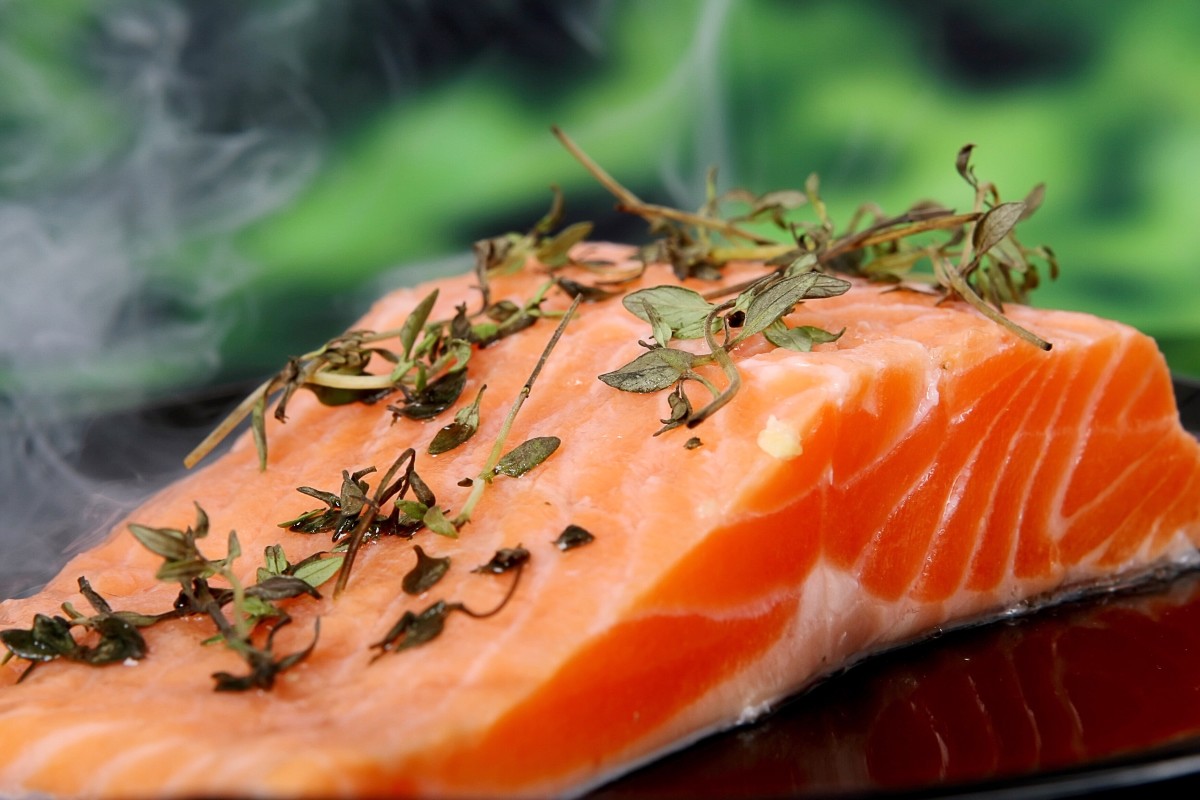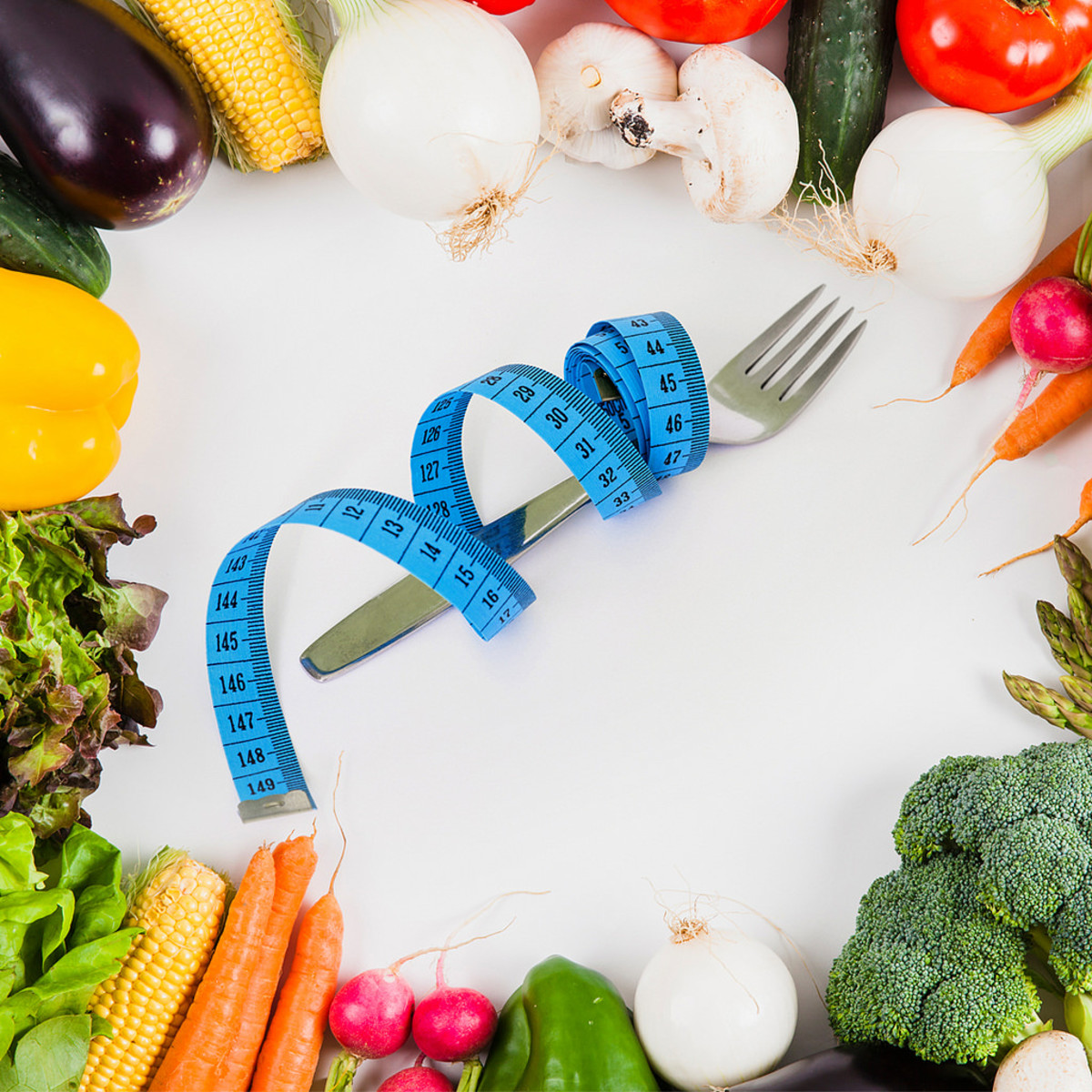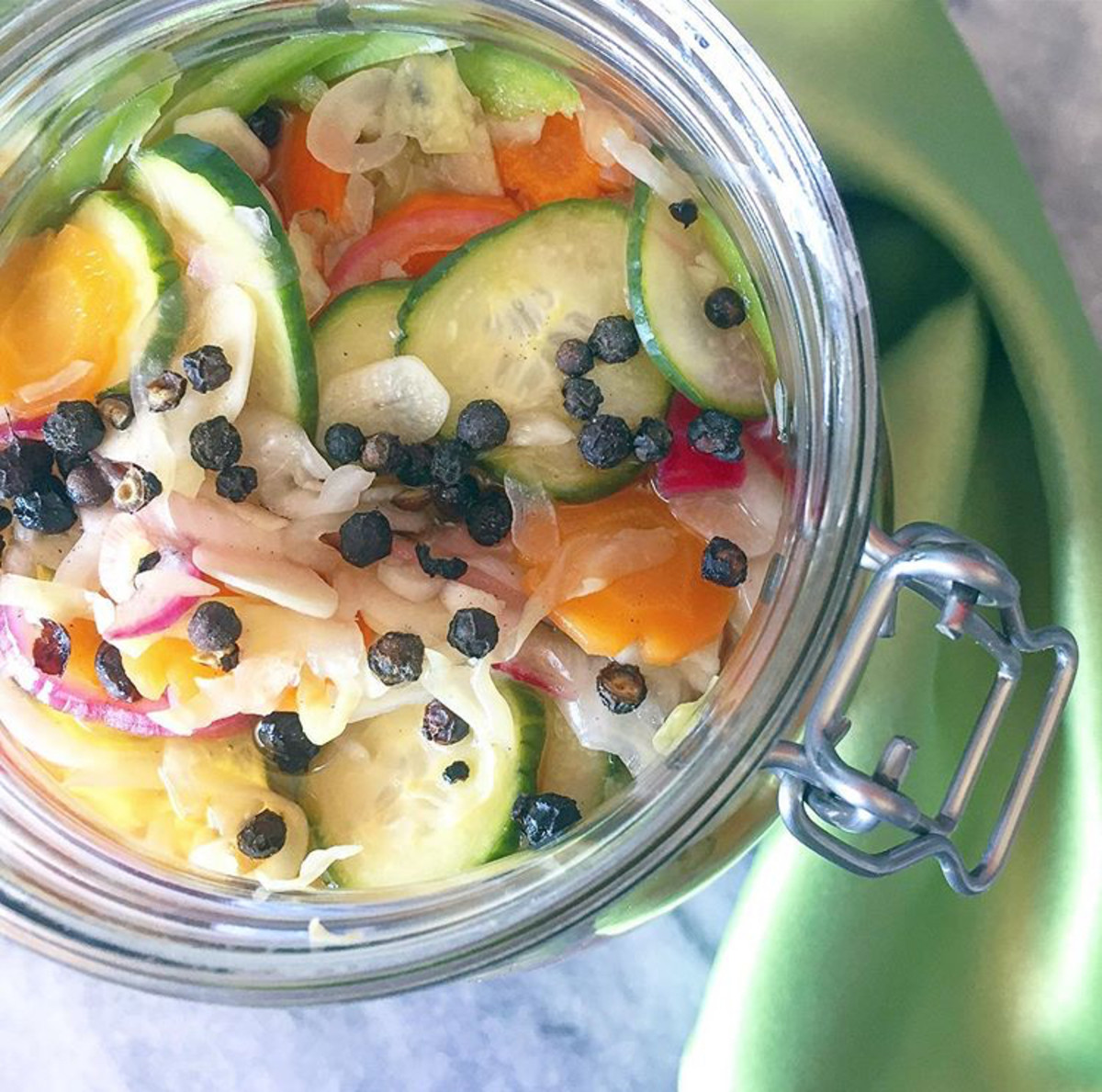Raw Food Diet: What You Need to Know
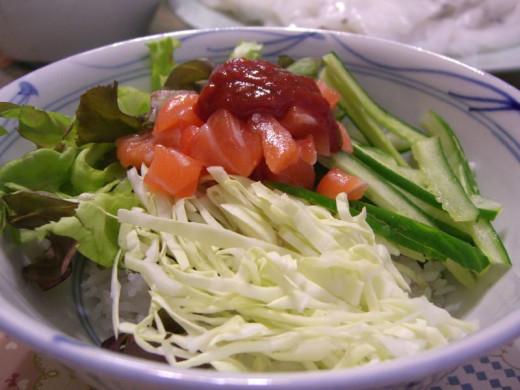
Nature itself is the best physician, and natural forces within us are the true healers of disease.
— HippocratesIn these days of high industrial pollution and robotic way of living, when we start feeling hopeless, boring, and messed up with our day-to-day lifestyle, returning to our roots often brings a fresh air in our lives and help us to believe again life is so awesome.
Go Green and Go organic are therefore the slogan for a healthier world today. Environmental friendly choices, lifestyles, and eating styles are thus the options to become a healthier one and to keep our natural resources for current and future generations.

What about You?
Don’t you want to follow the slogan too?
If yes, you may be fade up with your day-to-day boring lifestyle and you insanely need a change!
If you want to follow the slogan and need a change in your lifestyle, you need to know that the new trend of raw food diet is sweeping in all the western countries. And, if you ask anyone for a suggestion about a healthy diet, I bet most will include raw food diet as one of the top three choices.
Have you ever thought why they’re preferring raw diet?
Actually, the thrust of eating raw is natural; our bodies love to digest foods that are fresh and green to serve all the parts with essential nutrients.
What Exactly is a Raw Food Diet?
A raw food diet is a new path to health living. It emerged over the past two decades, by a group of dieters as a pop culture preoccupation.
The diet is based mostly on unprocessed or uncooked plant foods that are not heated above 115 degree Fahrenheit. Foods from animal sources are often avoided. You’ll mostly be consuming raw vegetables, fruits, and grains; they can be blended, juiced, or dehydrated.
The concept behind this diet is to get maximum nutrients from regular foods and stop losing essential nutrients by cooking. Raw dieters argue that when we cook food, we lose its nutritional value because of heating it in high temperature.
The theory is that cooking diminishes healthy enzymes and nutrients from the food. But, by adopting a raw eating style, you will never have the fear to lose all the nutrients and enzymes from your consumed foods, because you'll only eat whole foods and fresh produce.
The diet largely encourages its devotees to keep away from foods that are genetically modified (GMOs), processed, prepared, or packaged, treated with pesticides, and anything that is not organic.
Is raw food diet a plant based diet?
Types of Raw Food Diet
There are several types of raw food diets. But don't confuse yourself with the propaganda of the fad diet advertisers. To avoid getting caught up with misleading ads or scams, read as many reliable books, articles, and blogs as you can before starting.
For your information: Based on the food sources, there are three types of raw diet.
Raw Vegetarians - Mainly fruits and vegetables are preferred. No animal products are preferred, except eggs and milk.
Raw Vegans - No animal products, only fruits and vegetables are preferred.
Raw Omnivores - Both animal and plant sources are preferred, but only in raw form.
However, it's always better to consult with a dietitian or general physician before planning a raw diet, because an unsuitable diet may lead your body to either an impeccable condition or serious undernourishment.
Health Benefits of a Raw Food Diet
A raw food diet is often considered as a diet enriched with nutrients, full of fiber, and low in sugars and fat. Raw food devotees believe a diet with raw foods can lead a dieter to a slimmer body with high energy and smoother skin. Proponents of the diet hypothesized that it preserves enzymes found in plants, alkalinizes the body, and boosts immunity.
However, not enough scientific evidences are available to support these claims. But it's not that these claims are biased. A number of small-scale studies reported various health benefits of consuming raw foods.
What do you think about the information herein?
Are they biased?
Scientific Evidences So Far
Here are a few evidences that have been highly appreciated by researchers. Hope the below information would help you to take a better decision about raw diet.
A study performed on cruciferous vegetables (e.g. broccoli, cabbage, kale etc.) found that isothiocyanates, a potential compound from cruciferous vegetables that help prevent cancer, were diminished from vegetables because of heating in high temperature, whereas eating raw cruciferous vegetables for a few months seemed to decrease the threat of bladder cancer. (1)
Another scientific study in which scientists reviewed results of almost fifty scientific studies on raw vs. cooked foods revealed that following a plant based raw diet helps decrease the threat of certain type of cancers including oral, laryngeal, pharyngeal and gastrointestinal cancers. (2)
Following a raw food diet is healthy for your heart, as well. It is high in antioxidants, high in magnesium, low in saturated fats, and low in sodium. In a clinical study, researchers found that raw eating style helps lower the cholesterol level as well as triglycerides. (3)
However, there are some cons of following a strict vegan diet. In a clinical trial on vegan dieters, participants who were strictly vegetarian found deficient in vitamins and minerals (vitamin B12, omega-3, iron and calcium) from animal sources. (4) The American Dietetic Association (ADA) therefore recommends taking supplements to fulfill the daily requirements of nutrients.
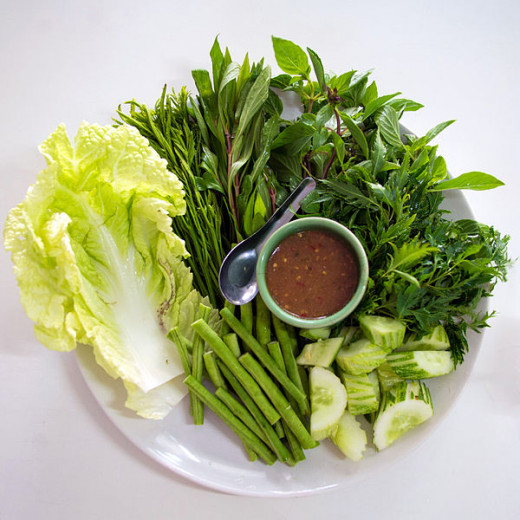
My Final Note
Although scientific evidences are still limited, but it’s not that not many clinical studies are done to evaluate the health benefits of raw foods! However, most of these trials were not large scale clinical trials; the evidences, as far, are mostly based on small scale studies. Moreover, results from these studies can also vary depending on ethnicity, race, and geographical location. So, not surprisingly, there could be a possibility that what worked for others might not work for you!
Having said that my final suggestion would be to consult a dietitian for making a better decision about your diet.
For More Information, Read
- Top 10 Raw Food Diet Facts You Must Know Before Changing
Obtaining a healthy food style like raw food diet is always challenging, because you not only need to adjust with the new food style but also you have to make several changes in your lifestyle. - Facts about Raw Food Diet - Advantages and Disadvantages
Learn about the advantages and disadvantages of a raw diet based on the scientific study results.
Medical References
(1) Tang L, Zirpoli GR, Guru K, Moysich KB, Zhang Y, Ambrosone CB, McCann SE. "Consumption of raw cruciferous vegetables is inversely associated with bladder cancer risk". Cancer Epidemiol Biomarkers Prev. 2008 Apr; 17(4):938-44. doi: 10.1158/1055-9965.EPI-07-2502.
(2) Lilli B. Link and John D. Potter. "Raw versus Cooked Vegetables and Cancer Risk". Cancer Epidemiol Biomarkers Prev September 2004 13; 1422
(3) Corinna Koebnick, Ada L. Garcia, Pieter C. Dagnelie, Carola Strassner, Jan Lindemans, Norbert Katz, Claus Leitzmann, and Ingrid Hoffmann. "Long-Term Consumption of a Raw Food Diet Is Associated with Favorable Serum LDL Cholesterol and Triglycerides but Also with Elevated Plasma Homocysteine and Low Serum HDL Cholesterol in Humans". J. Nutr. October 1, 2005 vol. 135 no. 102372-2378.
(4) Fontana L, Shew JL, Holloszy JO, Villareal DT. "Low bone mass in subjects on a long-term raw vegetarian diet".Archives of Internal Medicine; vol. 165, pp. 1-6, March 28, 2005.
This content is accurate and true to the best of the author’s knowledge and does not substitute for diagnosis, prognosis, treatment, prescription, and/or dietary advice from a licensed health professional. Drugs, supplements, and natural remedies may have dangerous side effects. If pregnant or nursing, consult with a qualified provider on an individual basis. Seek immediate help if you are experiencing a medical emergency.
© 2014 Imtiaz Ibne Alam



